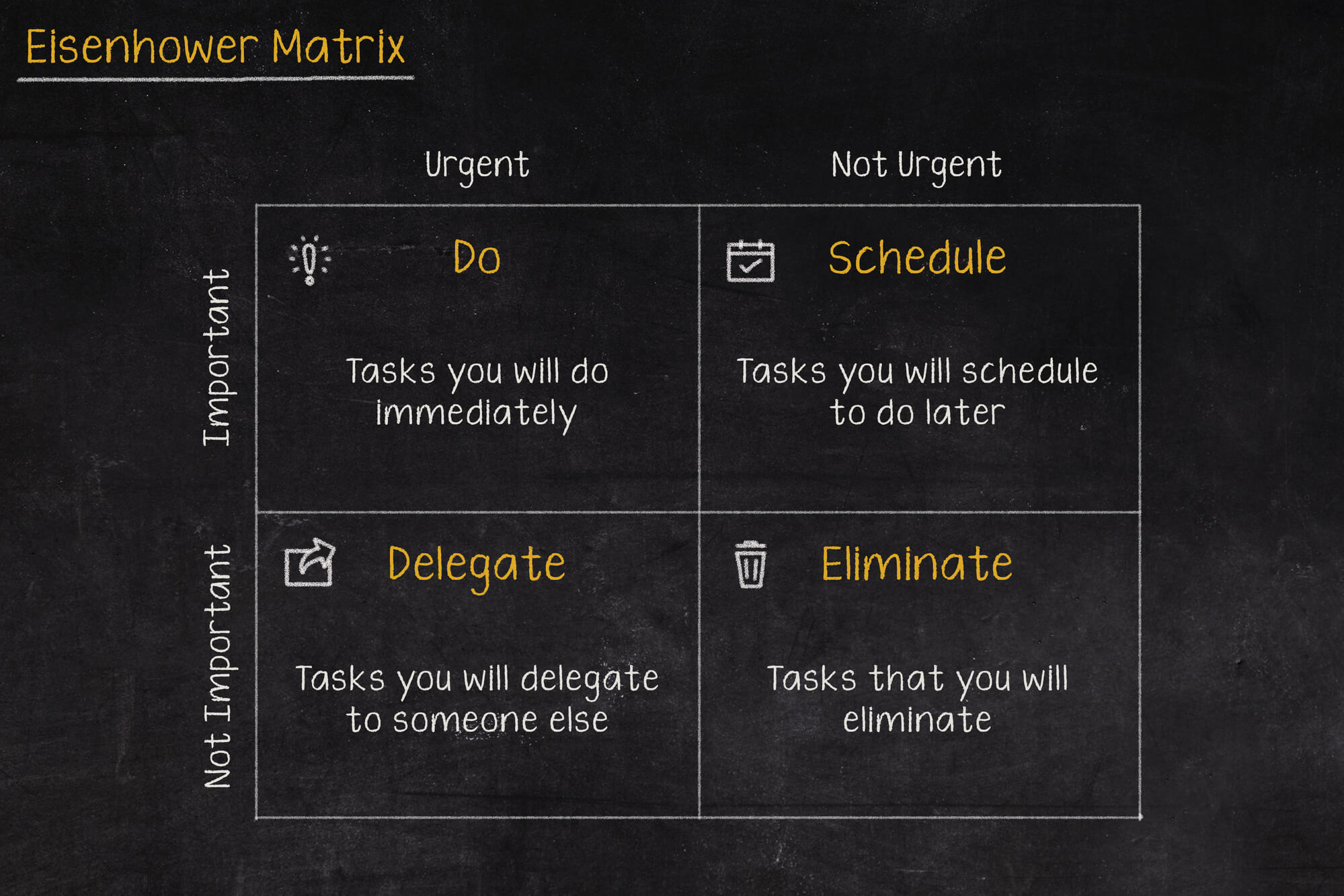We are making our business dependent on BigTech and SaaS

We live in a world that is becoming increasingly digital every day. Running a business without specialised tools is almost impossible today. Newsletter mailing systems, online shop management platforms, invoicing software – the choice is vast, and the benefits seem obvious. You set up an account, pay a small monthly subscription fee, and in no time at all you have a powerful tool that automates your work.
Sounds like a fairy tale, doesn't it? Unfortunately, as is often the case in fairy tales, there is always a villain. In this case, it is not a hacker in a black hoodie, but... the fine print in the terms and conditions, a sudden change in the price list or the policy of the company on which you have just made your entire business dependent. Welcome to the world of vendor lock-in, or the digital leash that service providers put on your company.
Table of Contents
Rules? What rules? Changing the rules during the game
Imagine that you have purchased sensational software with a lifetime licence. You pay once and use it for life. Sounds fair. You invest time and money in integrating the tool, transfer customer data to it, and train your employees. Your business begins to rely on it.
Then one day you receive an email: Dear users, we are changing our business model. Your lifetime licence is expiring, and from next month we invite you to switch to an attractive subscription model for only £99 per month.
Do you feel cheated? You should. Unfortunately, such practices do happen. The supplier knows that you have invested too much to walk away now. Migrating to another system would be costly, time-consuming and complicated. You are faced with a choice: pay or perish. This is the first, very painful lesson about who really dictates the terms in this relationship.
The price list is going up, and you're going down
Even if you have been using a subscription model from the outset, you cannot feel secure. Recent scandals involving sudden and drastic price increases have shown how fragile the stability of businesses based on external platforms is. The situation with the BaseLinker platform is a perfect example.
In October 2024, the company announced new billing rules, and a new, significantly higher price list came into effect in January 2025. The price increase affected all plans, but hit the Enterprise plan, aimed at the largest sellers, particularly hard. For companies in this segment, monthly costs soared from around PLN 2,500 to over PLN 10,000, and in extreme cases could exceed even PLN 100,000. What is more, a new fee model based on a commission on turnover of 1.3-1.5% was introduced, whereas previously the fees were significantly lower.
Seeing that thousands of companies depend on them, service providers can raise their prices by several hundred per cent. Why? Because they can. They know that the cost of migration and the risks involved are an insurmountable barrier for many businesses. From a practical point of view, a better solution for a company is to estimate and accept the losses associated with the increase in relation to the costs incurred in order to avoid this dependency. This way, your costs increase month by month, and there is little you can do about it.
Your data, but not your property
One of the biggest threats to data is data leakage, but lack of access to data is just as big a problem. All information about customers, orders, invoices, and email campaigns is your company's most valuable asset. You store it in your provider's cloud, believing that it is secure and available on demand.
Now try exporting them all in a useful format. Suddenly it turns out that:
- Export is impossible or very limited (e.g. only 1,000 records at a time).
- The data format is useless and cannot be easily transferred to another system.
- You lose crucial connections – you can export customers and orders separately, but without information about who ordered what.
Imagine renting an office, but all the furniture, computers and documents you bring in can stay there forever if the owner decides so. Absurd? In the digital world, this is unfortunately a common practice. Remember that you should treat data uploaded to the internet as public data, especially when you are not even sure if you can retrieve it. That is why it is so important to regularly back up your data, even if it is stored in the cloud.
Welcome to the maze of automated service
When everything is working, you're happy. But what happens when a problem arises? A malfunction, a system error, a question you don't know the answer to? You try to contact support. And that's when the nightmare begins.
Instead of a human, you are greeted by a chatbot. You dig through dozens of articles in the knowledge base that do not answer your question. Finally, you manage to send a request. After 48 hours, you receive an automated response that is a copy of an article you have already read.
For large corporations, you are just another entry in the CRM system. No one cares about solving your individual problem because serving thousands like you would be too expensive. IT failures happen to everyone, but when you cannot count on any support, a minor incident can turn into a disaster for your business.
The application disappears, and you are left with nothing
There is another scenario that is rarely considered, but which is equally painful – your favourite tool simply... disappears. The start-up that created it went bankrupt because the business model did not work out. Or, worse, it was bought out by a larger player who was not interested in developing the product, but only in acquiring the customer base or technology. After a few months, you receive a short email: As of today, the service will be discontinued. Thank you for your cooperation.
So what now? You're left high and dry. Without the tool that was the lifeblood of your business, without access to historical data, and with an urgent need to find and implement something new ‘yesterday’. This is not a hypothetical situation – in the dynamic world of technology, such things happen regularly. Relying 100% on a single external service, without a contingency plan, is like building a house on rented land – one day, the owner may simply tell you to pack your bags.
Plan B, or your digital insurance policy
Does this mean we should abandon all the benefits of SaaS applications and go back to Excel and paper files? Absolutely not. It means we need to approach them with greater awareness and always have a contingency plan. Cybersecurity is much more than just an IT issue.
What can you do to avoid being trapped in a golden cage?
-
Think like a lawyer before signing a contract. Instead of clicking through the terms and conditions, treat them like a loan agreement. Look for specific provisions: under what circumstances and by how much can the price increase? Does the provider guarantee the ability to export all data? Can they terminate the service with 30 days' notice?
-
Choose tools with open doors. Ensure that the platform offers full and easy export of your data in popular formats (e.g. CSV, SQL). Test this feature regularly!
-
Create your own backups. Do not rely solely on your provider's backups. Regularly export key data and store it in a secure location, preferably in accordance with the 3-2-1 rule (three copies, on two different media, one in a different location).
-
Have an alternative up your sleeve. Before you become fully dependent on one tool, do your research on the market. Knowing where you could move to gives you a stronger negotiating position and a sense of security.
-
Consider proprietary or open-source solutions. For key business elements such as your e-commerce platform, it is worth considering open-source software or a dedicated solution. This gives you full control over the code, data and costs, although it requires a larger initial investment.
Summary
SaaS applications are powerful tools that can accelerate the growth of your business. But like any power, they come with risks. Blind trust and a lack of contingency planning can turn convenience into a costly trap in an instant.
Remember that in the digital world, your independence is your greatest currency. Before you are tempted by the promise of a golden cage, check whether its doors can also be opened from the inside. Because when the time comes to move out, you need to be sure that you can take everything that is most valuable to you with you – your data.
View related articles

Awarie IT zdarzają się każdemu
Od paru godzin trwa awaria komunikatora internetowego Slack. Kilka tygodni temu nie można było korzystać z usług firmy Google, a jeszcze wcześniej spora część Internetu nie działała z powodu awarii usług Cloudflare. Czy to możliwe, że usługi w chmurze są niedostępne?

Macierz Eisenhovera, czyli jak zapanować nad priorytetami?
Iść na przerwę a może odpisać na tego maila, czy odebrać telefon od przełożonego? W jakiej kolejności zająć się tymi zadaniami, aby nie utracić nad tym kontroli i nie popaść w bezsilność? Rozwiązaniem tych problemów może być Macierz Eisenhowera (nazywana także Matrycą lub Kwadratem Eisenhowera).

Czy Alert RCB powinien informować o wyborach prezydenckich?
Komunikacja w niebezpieczeństwie jest jednym z ważniejszych zagadnień jakie się porusza podczas żeglowania, latania czy nurkowania. Ostrzeżenia potrafią uratować życie, dlatego nie powinny być lekceważone, a tym bardziej nie powinny swoją treścią prowadzić do ich zignorowania.